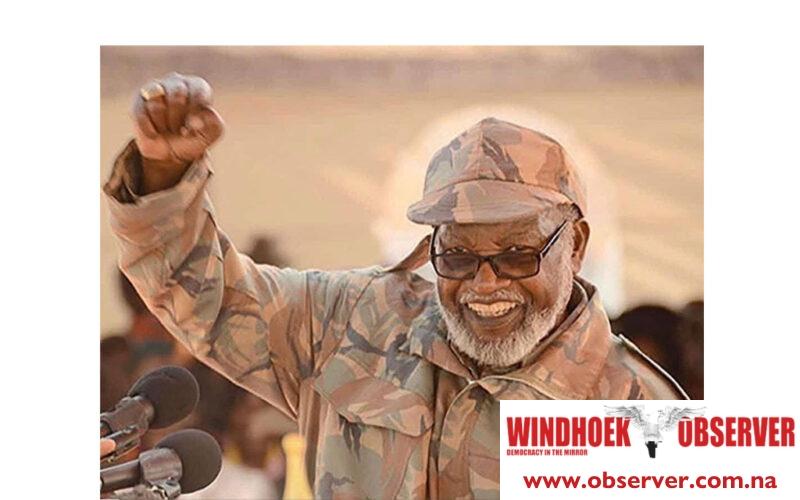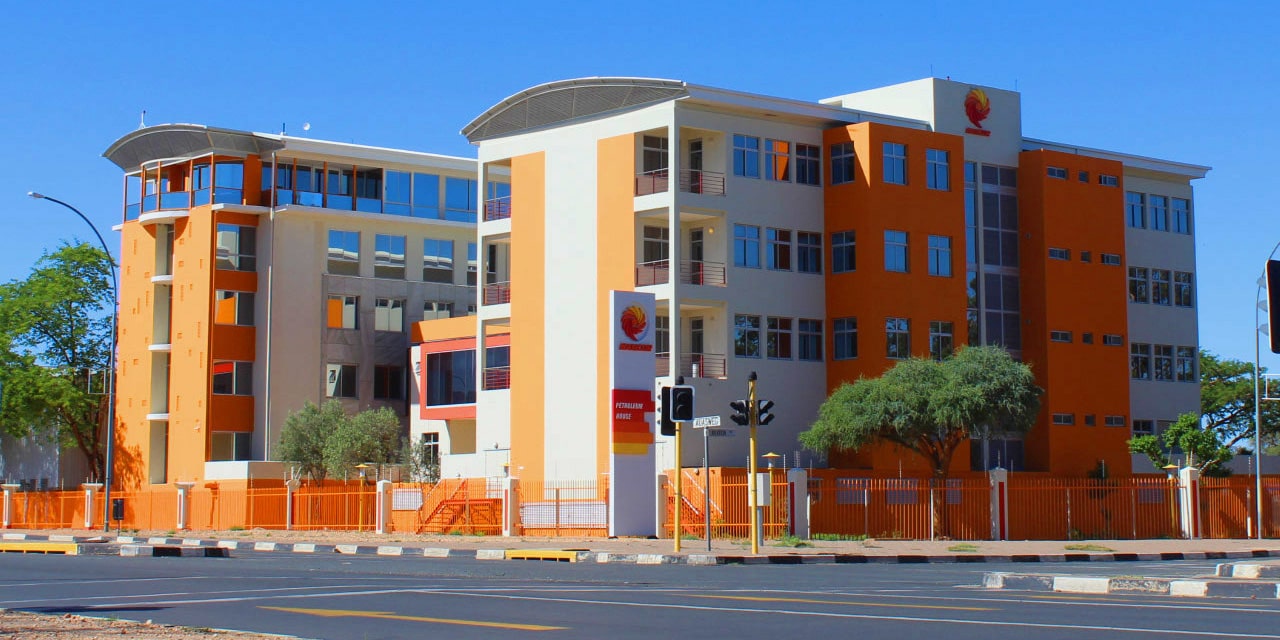Allexer Namundjembo
The National Union for the Total Independence of Angola (UNITA) and Angola’s ruling People’s Movement for the Liberation of Angola (MPLA) have paid tribute to Namibia’s founding father, Sam Nujoma, for his role in supporting the southern African liberation struggle.
This joint recognition reflects the shared history between Angola and Namibia, where both countries faced colonial oppression and fought for their independence from foreign powers.
In a press release, UNITA president Adalberto Costa Júnior highlighted how the African liberation struggle united various movements, including UNITA and Swapo, Namibia’s liberation movement led by Nujoma.
“Since the beginning of Angola’s liberation struggle, some members of UNITA and Swapo shared common trenches in the fight for the emancipation of the African people,” Júnior noted.
He acknowledged Nujoma’s activism against apartheid, which ultimately led to his leadership as Swapo’s founding president.
The UNITA leader also praised Nujoma’s legacy, highlighting his efforts to introduce reforms that ensured greater independence for Namibia’s state institutions.
“In addition to leading his country to independence, Nujoma relinquished political power, returning to his homeland to live simply within his communities, becoming one of the rare examples of our times,” the statement continued.
The MPLA, which remains in power in Angola, also paid tribute to Nujoma as a key advocate for regional development and African unity.
In a message posted on its official Facebook page, the MPLA described Nujoma as a “good friend” of Angola and recognised his long history of solidarity with the Angolan people.
“In this moment of pain and mourning for Namibia, Namibians, and for the continent at large, the Political Bureau of the MPLA Central Committee is ashamed in front of your memory and sends the deepest condolences to the bereaved family,” the MPLA statement read.
UNITA, formed in 1966 by Jonas Savimbi, emerged as a breakaway faction from the MPLA due to ideological differences. While the MPLA sought a Marxist government, UNITA aimed for a nationalist, independent Angola.
Throughout the Angolan Civil War, UNITA sought to establish its vision of governance while engaging with various international actors, including the United States and South Africa, in opposition to the MPLA, which had Soviet backing.
Meanwhile, PLAN, the military wing of Swapo, fought for Namibia’s independence from South Africa, which was an apartheid state at the time. Although UNITA and PLAN operated in different territories, both movements shared a common goal of resisting the colonial powers in southern Africa. UNITA and PLAN cooperated in various ways, particularly in offering logistical support and safe havens.
UNITA provided PLAN fighters with shelter and supplies in Angola, which were essential for PLAN’s operations against South Africa. However, their cooperation was complex, as UNITA’s alliance with South Africa occasionally put them at odds with other anti-apartheid movements, including Swapo.
Despite these challenges, the two movements maintained a functional relationship during the liberation struggle in the region.
This shared history of struggle for independence continues to bind Angola and Namibia, as both countries honour Nujoma’s contributions to their collective liberation efforts and the broader African cause.




